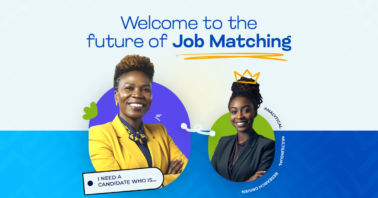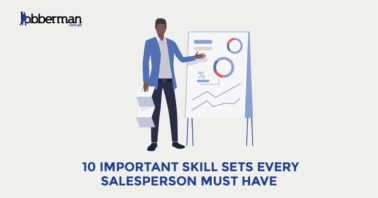Abigail Mensah had always prided herself on her candid nature. As a recent graduate from the University of Ghana, she was eager to embark on her professional journey. When she secured an interview with Lexcorp Solutions, a leading firm in the capital, she was both excited and nervous.
The interview began smoothly. Abigail confidently discussed her academic achievements, internship experiences, and aspirations. Then came the inevitable question: “Can you tell us about your greatest weakness?”
Believing honesty was the best policy, Abigail responded, “I have a tendency to oversleep and sometimes arrive late.” She noticed a flicker of surprise cross the interviewer’s face. The room grew momentarily silent before the interviewer proceeded to the next question.
Despite the rest of the interview going well, Abigail received a polite rejection email a week later. Reflecting on the experience, she realised that while transparency is valued, certain admissions can overshadow one’s strengths.

Moral of the Story:
Abigail’s experience highlights the importance of framing one’s weaknesses thoughtfully during interviews. While honesty is commendable, it’s crucial to present areas of improvement in a manner that demonstrates self-awareness and a proactive approach to personal development. For instance, instead of bluntly stating a flaw, one might say, “I have been working on improving my time management skills to ensure punctuality.” This approach acknowledges the weakness and emphasises a commitment to growth, leaving a more positive impression on potential employers.
While honesty is a valued trait, being overly candid during job interviews can sometimes be detrimental. Here are five reasons to exercise discretion:
- Risk of Misinterpretation
Sharing unfiltered truths may lead interviewers to misjudge your professionalism or suitability for the role. For instance, openly admitting to frequent tardiness without context can overshadow your strengths.
- Highlighting Irrelevant Weaknesses
Disclosing personal shortcomings unrelated to job performance can divert focus from your qualifications. It’s essential to keep the conversation centered on how you can contribute positively to the organization.
- Creating Unnecessary Doubts
Overemphasis on past failures or limitations might raise concerns about your ability to handle responsibilities, even if you’ve grown from those experiences. Employers seek candidates who project confidence and capability.
- Breach of Professional Boundaries
Revealing too much personal information can blur the lines of professionalism. While building rapport is important, maintaining appropriate boundaries ensures the focus remains on your professional fit.
- Potential Cultural Misalignment
Every organization has its own culture and values. Being overly honest about opinions or preferences that conflict with the company’s ethos might signal a poor fit, affecting your chances of securing the position.
In interviews, it’s prudent to balance honesty with tact. Frame your responses to showcase self-awareness and a commitment to growth, ensuring you present yourself as both genuine and professional.





